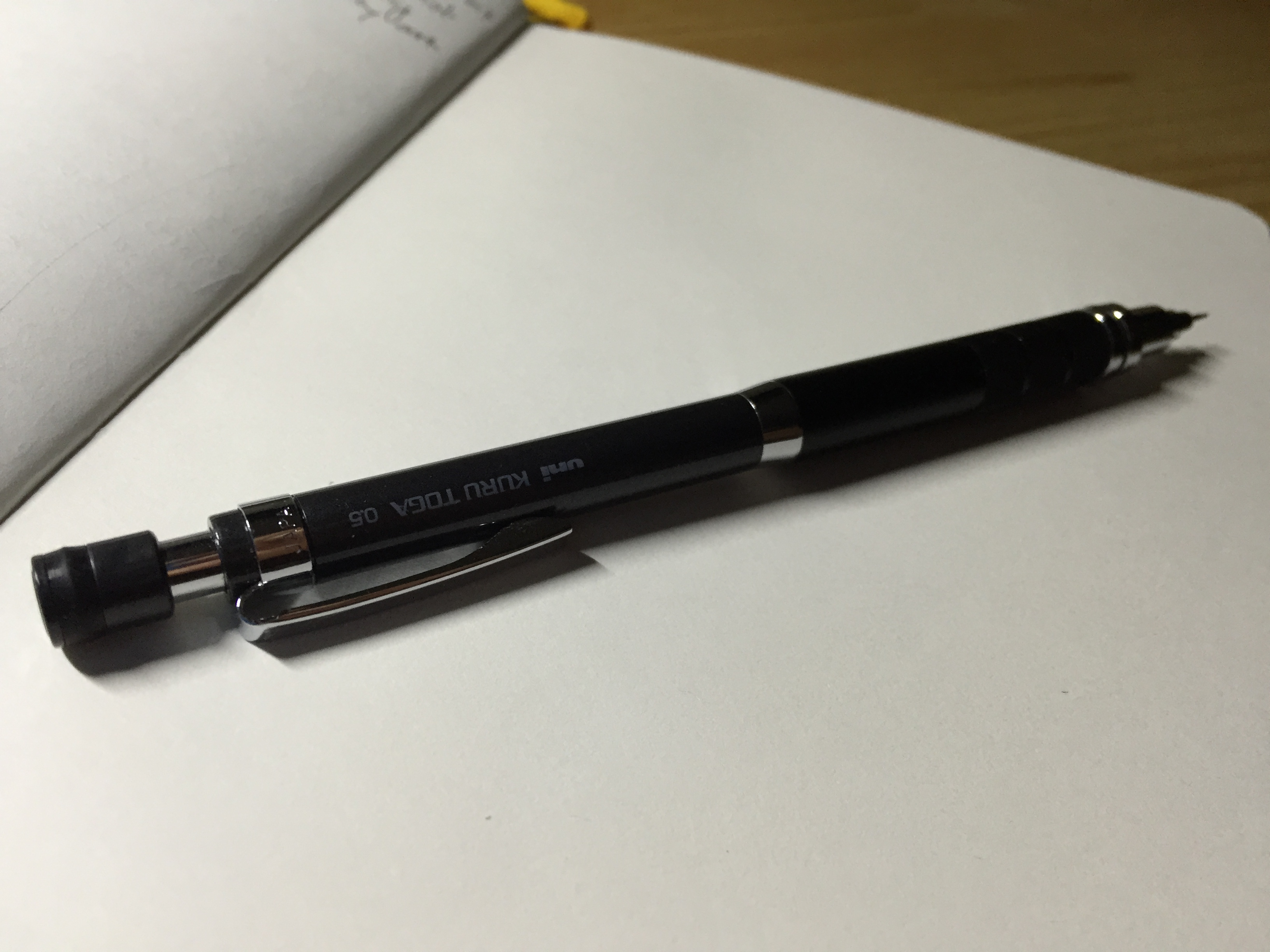Learning How to Teach
I had a better day at teaching the high school kids today than yesterday. I misinterpreted their attitude yesterday as being nonchalant and apathetic because I asked them today what they thought of the assignment and most of them said they loved it. Their previous assignment was to write a soliloquy and recite it in front of the class, and they hated that. They said my assignment was better than that, and I’ll be honest, that felt good. I then asked them if they wanted to make movies this quarter, and they all said yes but that they already made movies earlier in the year. They sucked, they said. Except for this loud kid, who said his didn’t suck. Other people said it sucked. I told them they all sucked, and they laughed.
I came into the class with a few ideas, most of which I repurposed from college, and the drama teacher loved every idea I threw at her. At first this surprised me because she was a drama teacher, and I would’ve thought she would’ve known about a few of the ideas I threw at her, like acting out a scene from a movie. She didn’t know she could find screenplays online. Fair enough. Another one of my ideas was breaking up the students into groups and having them write, act, direct, and film a scene. This might be too much work for them, the drama teacher told me. What if they just get a scene from one of their favorite movies? Sure, I said. As long as they do some work, right? Of course, she said. I asked the students if the last drama teacher taught them anything about making a movie, since they went ahead and filmed one anyway, and they all said no. They were given a camera, a prompt, and told to have at it. This information excited me. It meant that I would be given the opportunity to teach them all about film production in the span of a few weeks. It won’t be much time, but there’s not much to the basics. I’ll see, right?
If you guys can’t tell, I’m excited about all this. I was told today that drama class might be cut next year because there aren’t any qualified drama teachers on staff, and that made me sad. I don’t have a teaching degree or any sort of qualifications to lead a drama class, but I would like to. It’s fun and enlightening. I’m learning a lot because I have to go back and re-learn many of these lessons so I can at least seem competent in front of these kids. Of course, I could be deeply disappointed by them later on in the quarter when I show them one clip from a movie and all they want to do for the rest of the quarter is watch movies. If that’s the case, I’ll pop in some Sergei Eisenstein or Andrei Tarkovsky. I love these guys, but you really have to be a cinema nerd to appreciate them. These kids aren’t nerds. They’re high schoolers.

